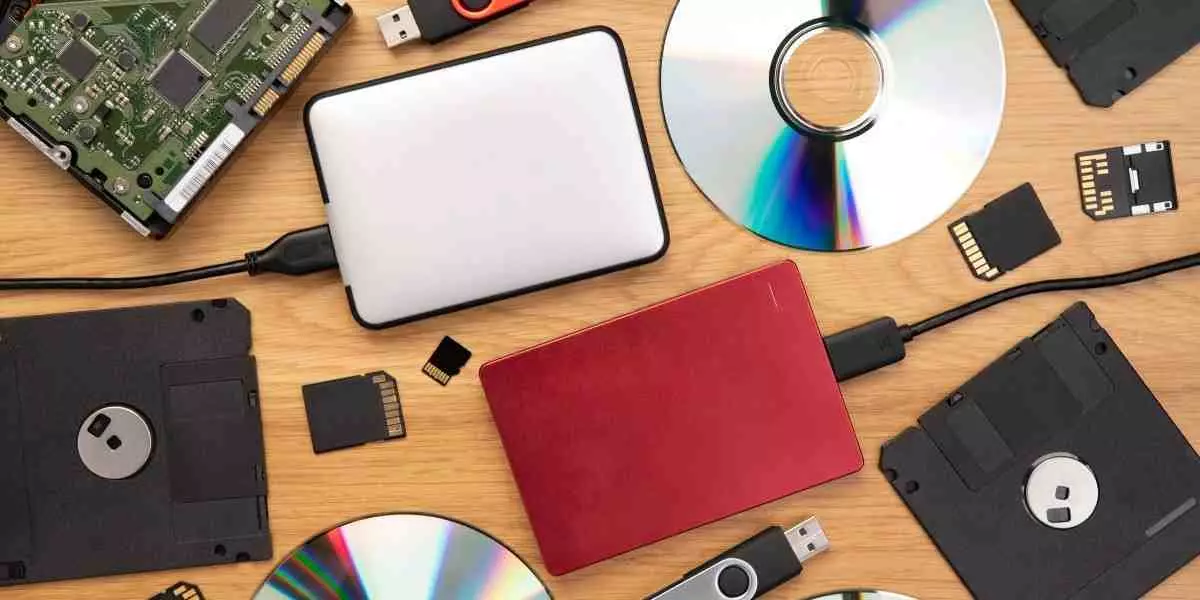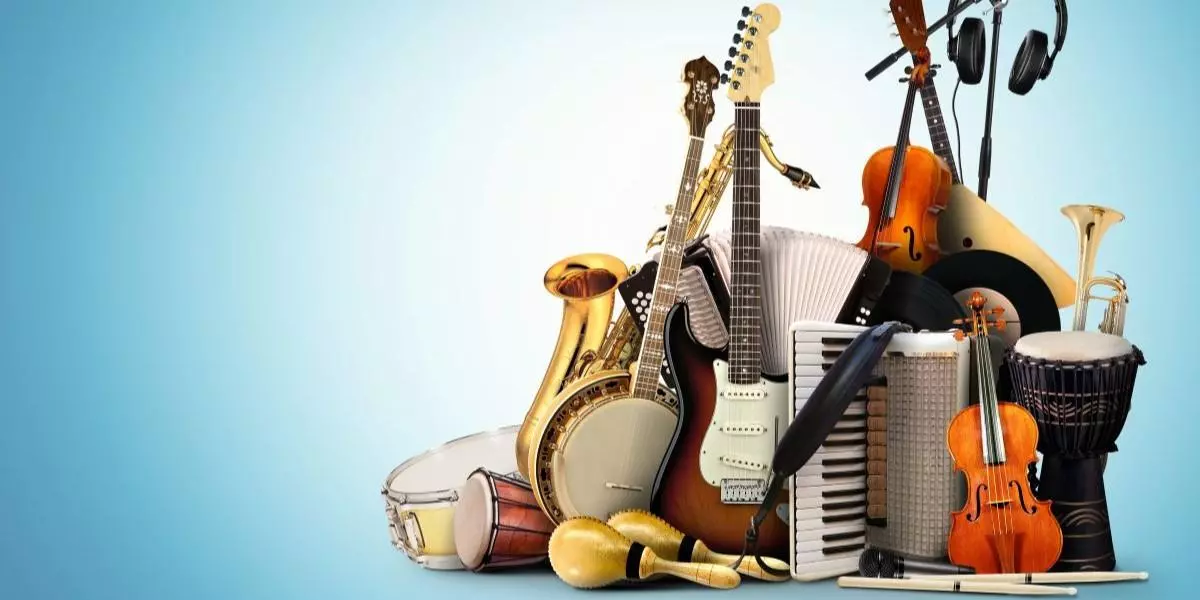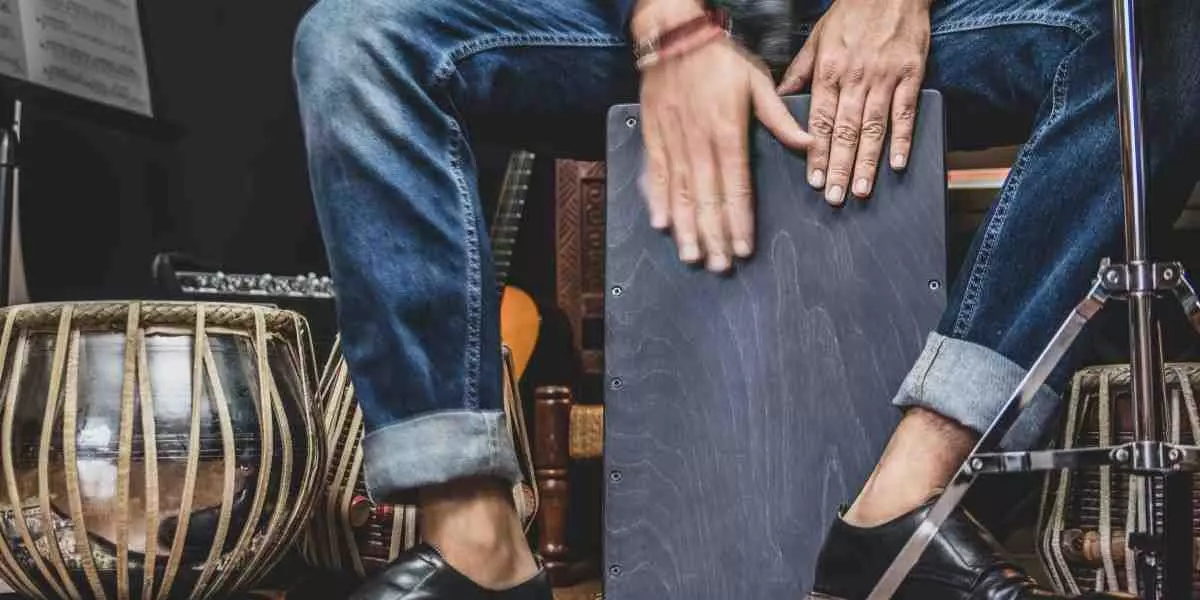The Benefits of Playing Musical Instruments

The Chinese philosopher Confucius once said, "Music emits a pleasure that the human race can't do without." If hearing music can be so beneficial to the human race, it follows that playing a musical instrument would be even better. Here are some benefits of playing musical instruments:
Increased Sense of Responsibility
Playing a musical instrument requires a certain level of responsibility. Proper care of an instrument is necessary to keep it in working order, and every instrument has a set of maintenance procedures to keep it in top shape. Regular cleaning and tuning are a must for virtually every instrument, but some also require frequent greasing or oiling.
In addition to cleaning and maintenance, those who choose to forge a career out of playing their instrument have additional demands to keep up with. Frequent performers often have to maintain a rigorous schedule of rehearsal and performance dates. It also takes discipline and dedication to set aside time each day for practice, so your skills will continue to improve.
Enhanced Mathematical Abilities
Both mathematics and musicianship deal with numbers and require an understanding of patterns, ratios and proportions. Individuals who read music have a flurry of notes and rhythms to work with that require knowledge of basic math. Even something as simple as tapping out a rhythm can help a student develop a better grasp of simple fractions. Extensive studies suggest that students who play musical instruments are better in math and attain higher grades than those who don't. At the very least, it demonstrates a practical use for math that can make it more interesting.
Sharper Concentration
Playing music requires focusing on several elements simultaneously, such as tempo, pitch, note duration and sound quality. If you're performing alongside other musicians, you have to listen closely to distinguish your parts from those played by the others, while still being aware of what they're doing. Maintaining proper time and not missing important cues are skills developed over time.
Improved Listening Skills
Your ability to listen closely to sounds will improve considerably when you learn to play an instrument. The ability to distinguish between various notes is important and you'll soon be able to identify wrong notes whenever you hear or play them. Once acquired, this skill is not limited to music. You'll find that you're much better at picking out sounds and noticing background noises that non-musicians may not notice.
Improved Time Management and Organizational Skills
Playing a musical instrument requires organizational skills and an ability to properly manage your time. Experienced musicians know that their skills only improve when they dedicate enough time to practicing. There are various approaches to practicing with your instrument, but if you want to progress quickly, you'll have to organize your sessions. For example, if your time is limited, it's best to focus more heavily on specific areas of difficulty, rather than going over what you already know. You'll have to schedule your practice sessions in a way that allows you to spend more time on difficult techniques, while still allowing time to brush up on what you're already good at.
Improved Respiratory Health
If you've ever taken a music class, you might recall your music teacher emphasizing the importance of breathing. Proper breathing and air manipulation are critical in making music, regardless of what type of instrument you're playing. Wind instruments rely on air directly to produce sound, but other instruments also require deep breathing and the ability to inhale or exhale at appropriate times. Breathing exercises are a must for musicians, and the more often you do them, the stronger your respiratory system gets.
Although these benefits rarely have anything to do with a person's choice to play an instrument, they can offer a powerful incentive to stick with it. The benefits of playing musical instruments can extend to many areas of your life and may even help keep your mental faculties sharp as you get older. The earlier you start, the longer you'll get to enjoy what playing musical instruments can do for you.
Any age, stage or style – Long & McQuade’s Lesson Centres fit with your music-making goals. Click here to find out more.
Check out the 15 Benefits Of Learning Music By Toronto Experts here!
Check out the top 10 reasons you should start playing a musical instruments here!







